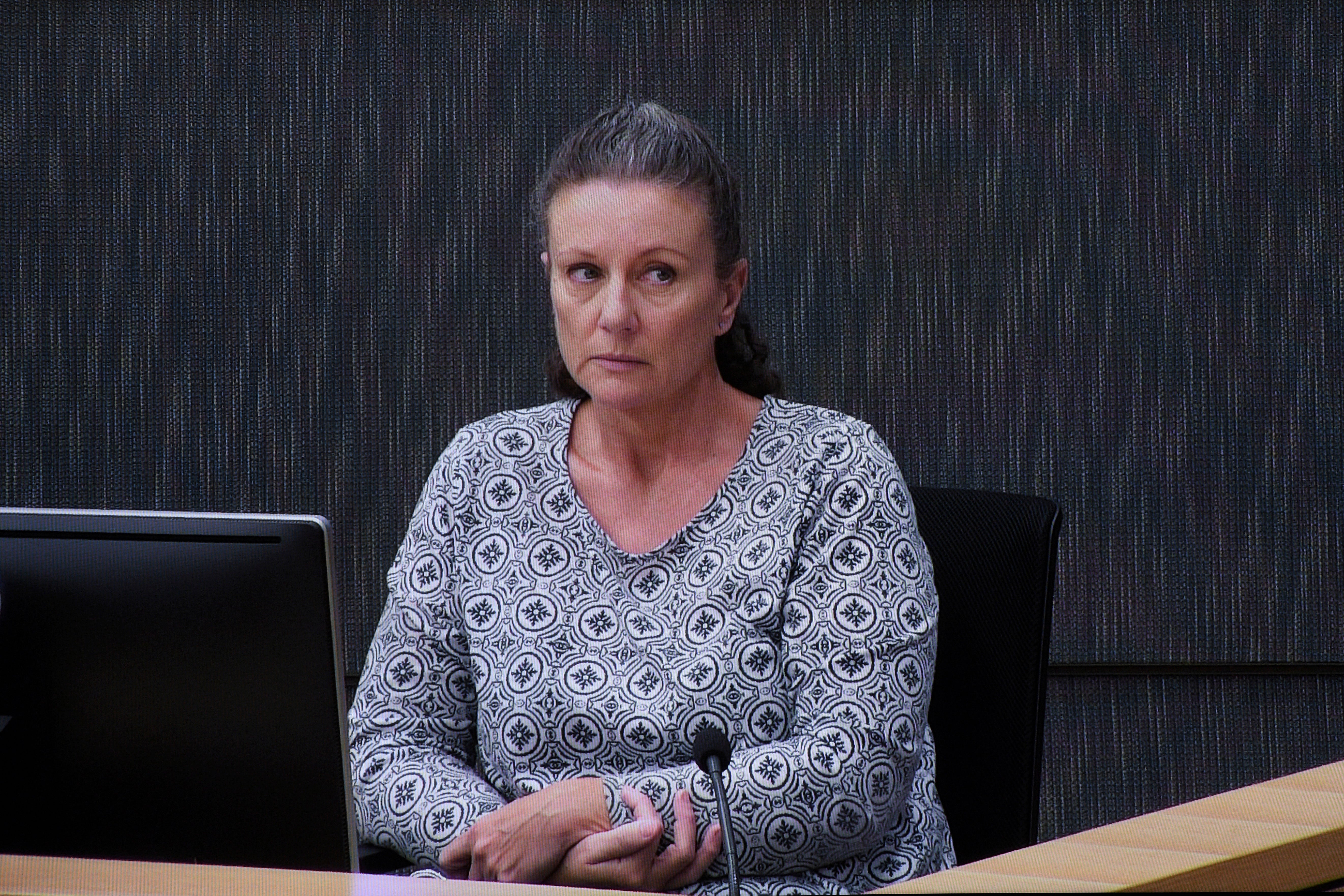Australian mom convicted of killing 4 children loses appeal
A woman convicted of smothering her four children has lost an appeal in a Sydney court against an inquiry’s decision that her victims had not died of natural causes

Your support helps us to tell the story
From reproductive rights to climate change to Big Tech, The Independent is on the ground when the story is developing. Whether it's investigating the financials of Elon Musk's pro-Trump PAC or producing our latest documentary, 'The A Word', which shines a light on the American women fighting for reproductive rights, we know how important it is to parse out the facts from the messaging.
At such a critical moment in US history, we need reporters on the ground. Your donation allows us to keep sending journalists to speak to both sides of the story.
The Independent is trusted by Americans across the entire political spectrum. And unlike many other quality news outlets, we choose not to lock Americans out of our reporting and analysis with paywalls. We believe quality journalism should be available to everyone, paid for by those who can afford it.
Your support makes all the difference.A woman convicted of smothering her four children over a decade lost an appeal in a Sydney court on Wednesday against an inquiry’s conclusion that her victims had not died of natural causes.
A growing number of scientists say Kathleen Folbigg is the victim of a miscarriage of justice, though many others consider the series of deaths too tragic to be bad luck alone.
The New South Wales state Court of Appeal dismissed her application for a review of a judge's ruling that “makes her guilt of these offenses even more certain.”
Her last hope of early release now lies with a petition for a pardon lodged this month with New South Wales Gov. Margaret Beazley. Folbigg’s convictions would still stand, but she would be released.
The petition carried the signatures of 91 scientists, medical practitioners and related professionals including two Nobel laureates.
Folbigg, now 53, was convicted in 2003 of murdering three of her children and the manslaughter of a fourth. She has consistently denied guilt. She was sentenced to 30 years in prison with a minimum of 25 years to be served before she could be considered for parole.
Her first child Caleb was born in 1989 and died 19 days later in what a court determined to be the lesser crime of manslaughter. Her second child Patrick was 8 months old when he died in 1991. Two years later, Sarah died aged 10 months. In 1999, Folbigg’s fourth child Laura died at 19 months old. Folbigg was the first on the scene of each tragedy.
An autopsy found Laura had myocarditis, an inflammation of heart muscle that can be fatal. But given the deaths of her three siblings, a pathologist listed the cause of her death as “undetermined.”
Patrick suffered epilepsy and his death had been attributed to an airway obstruction due to a seizure. The other two were recorded as Sudden Infant Death Syndrome, or SIDS
At her trial, Folbigg's lawyers told the jury there were medical explanations for each death. Caleb had a floppy larynx and Sarah had a congested uvula that could have obstructed their airways.
Folbigg did not testify at her trial, but she testified for almost three days at the 2019 judicial review of her convictions based on a pathologist’s findings that the children likely died of natural causes with no sign of smothering.
The judge hearing the review also heard expert testimony that both girls had an inherited genetic mutation linked to abnormal heartbeats and sudden death in children and suggesting their deaths may have been triggered by infections they had at the time.
Last year, the findings of 27 scientists describing the genetic mutation in the Folbigg girls and its functional validation were published by Oxford University Press in the peer-reviewed cardiology journal Europace.
The case against Folbigg was circumstantial and relied on interpretations of vague entries she had made in personal diaries, one of which her estranged husband Craig Folbigg reported to police.
The entries included: “Obviously, I am my father’s daughter," a reference to her father stabbing her mother to death in 1968 when Folbigg was 18 months old.
Folbigg’s lawyers note in their petition for a pardon that the diaries contain no admissions of guilt.
“You’ve got to understand that those diaries are written from a point of me always blaming myself,” Folbigg said in a phone call from prison in 2018 which was recorded by Australian Broadcasting Corp.